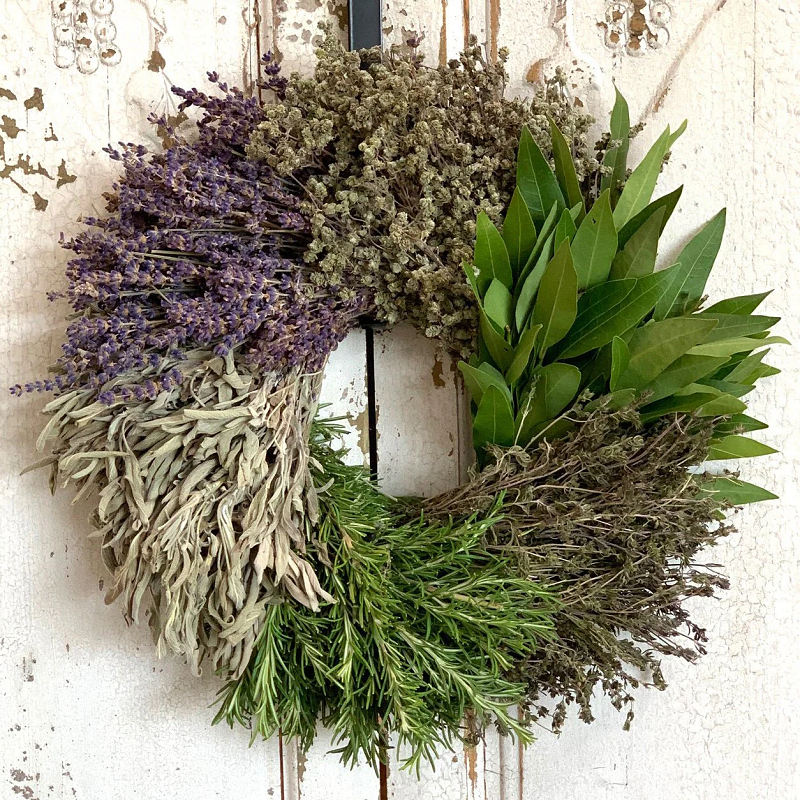
DIFFERENCE BETWEEN BOTANICALS, HERBS AND SPICES
When it comes to dictionary definitions, there is a difference between botanicals, herbs and spices. However, scientifically speaking herbs and spices both fall into the category of botanical study, more commonly known as botany.
Therefore, herbs and spices are both botanical, serving a wide range of differentiating purposes.
To put it simply, a botanical is a substance obtained from a plant which offers medicinal, cosmetic, tea and distilling use amongst others. A herb can be defined as any plant with leaves, flowers or stems that can be used for flavouring, food, medicine or perfume.
Spices are predominantly seeds, fruits, roots or bark – they are principally used in the seasoning or preserving of food.
In this way, when somebody is talking about a botanical product or botanicals in general, they could be referring to both herbs and spices and indeed other plant-based materials.
We offer a range of wholesale herbal tinctures and wholesale dried distilling botanicals, as well as botanical extracts for cosmetics and more!
What makes a Herb a Herb?
Herbs are plants which gift us savoury and aromatic properties that we have taken to heavily utilise within our seasoning and enhancing of food. Not only this, but they hold medicinal purposes and are employed in fragrances.
The term “herbs” is likely to, if not always, refer to the green or flowering section of a plant; this being either fresh or dried.
However, fully defining herbs has proven problematic in the past – and still does today. For example, within botany, the term herb is referred to as a herbaceous plant.
These herbaceous plants would not include some of the most commonly described herbs: Rosemary, Sage and Lavender because of their woody stems and life cycle.
One proposed definition, therefore, is that herbs are plants that are useful to humans; this holds problems of its own as many plants we don’t deem as herbs are helpful to humans.
Conclusively, the jury is out! The definitive definition of a herb is up
Therefore, herbs and spices are both botanical, serving a wide range of differentiating purposes.
To put it simply, a botanical is a substance obtained from a plant which offers medicinal, cosmetic, tea and distilling use amongst others. A herb can be defined as any plant with leaves, flowers or stems that can be used for flavouring, food, medicine or perfume.
Spices are predominantly seeds, fruits, roots or bark – they are principally used in the seasoning or preserving of food.
In this way, when somebody is talking about a botanical product or botanicals in general, they could be referring to both herbs and spices and indeed other plant-based materials.
We offer a range of wholesale herbal tinctures and wholesale dried distilling botanicals, as well as botanical extracts for cosmetics and more!
What makes a Herb a Herb?
Herbs are plants which gift us savoury and aromatic properties that we have taken to heavily utilise within our seasoning and enhancing of food. Not only this, but they hold medicinal purposes and are employed in fragrances.
The term “herbs” is likely to, if not always, refer to the green or flowering section of a plant; this being either fresh or dried.
However, fully defining herbs has proven problematic in the past – and still does today. For example, within botany, the term herb is referred to as a herbaceous plant.
These herbaceous plants would not include some of the most commonly described herbs: Rosemary, Sage and Lavender because of their woody stems and life cycle.
One proposed definition, therefore, is that herbs are plants that are useful to humans; this holds problems of its own as many plants we don’t deem as herbs are helpful to humans.
Conclusively, the jury is out! The definitive definition of a herb is up
